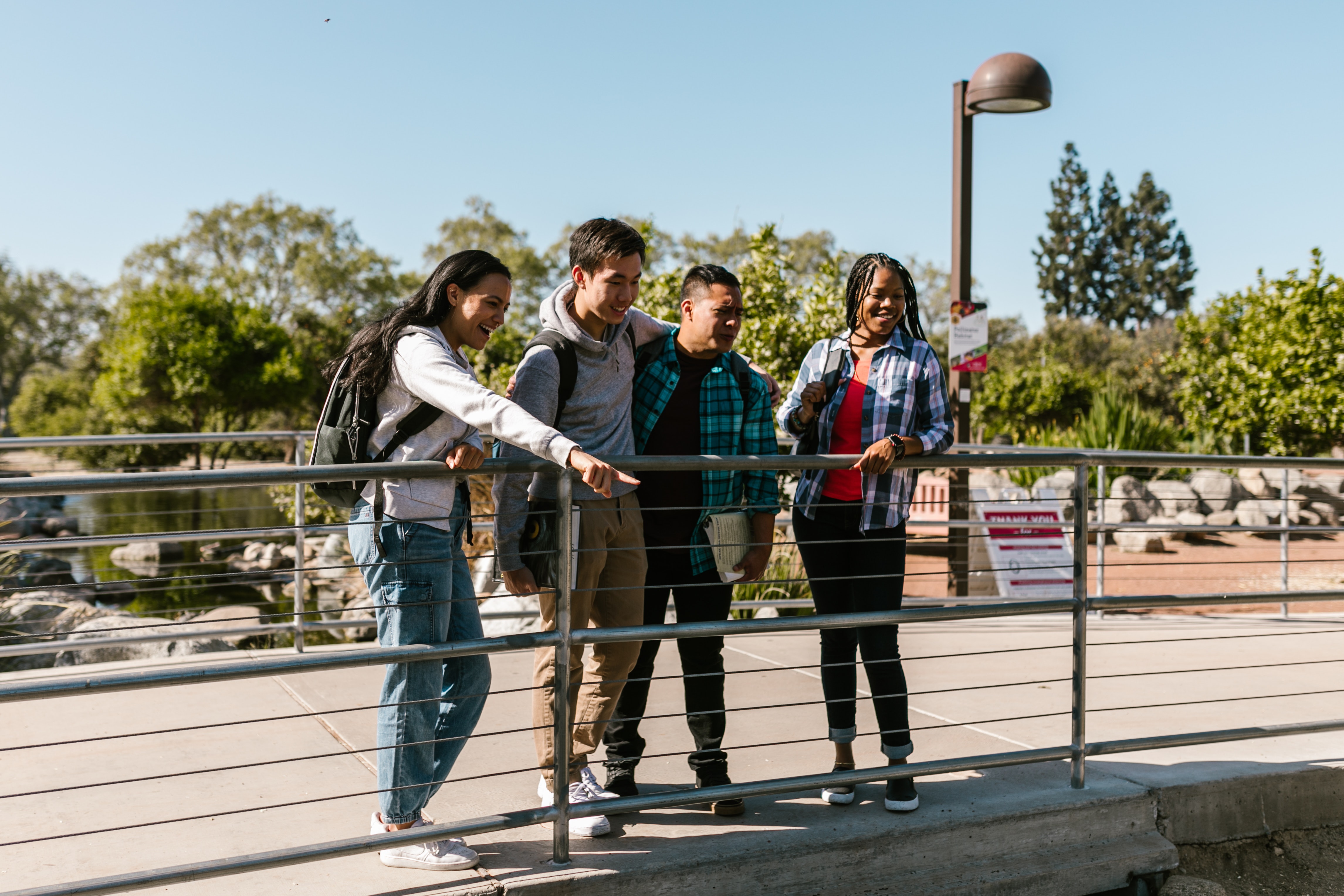Canada: International Students Can Work Over 20 Hours
In Canada, international students with off-campus work authorization can work over 20 hours weekly while classes are in session.

Minister of Immigration, Refugees and Citizenship, Sean Fraser announced the temporary lifting of the 20-hour per week cap on the maximum number of hours eligible post-secondary students may work off campus while classes are in session.
International students studying in Canada with off-campus employment authorization on their study permit are permitted to work more than 20 hours per week off-campus while classes are in session from November 15, 2022, to December 31, 2023.
This temporary adjustment will also apply to foreign nationals who have already applied for a study permit as of today, provided their application is approved.
Since employers are encountering previously unheard-of difficulties in recruiting and keeping the employees they need during this economic recovery and growth, the Canadian government is trying to make significant efforts to address the labour shortage.
Currently, international students who apply to study in a Canadian educational program are entitled to receive permission to work off-campus for up to 20 hours per week while they are enrolled in classes. During predetermined periods, such as the summer and winter holidays, this cap is lifted.
This approach enables foreign students to support themselves financially while also attempting to keep them concentrated on finishing their studies rather than being concentrated on finding employment in Canada. However, the Canadian government has temporarily relaxed this restriction in response to the almost one million job openings it is currently facing.
With the implementation of this measure, more foreign students will have the chance to work in Canada and more workers will be available to support Canada's post-pandemic growth. This interim amendment recognizes the significant contribution that more than 500,000 international students presently studying in Canada can make to addressing the labour deficit while pursuing their academic goals. Study permit holders are nevertheless obliged to balance their obligations to both work and study because they are not permitted to work off-campus if they cease studying or reduce their course load to just study part-time.
There have been more than 452,000 study visa applications approved between January 1 and August 31, 2022. In 2021, 367,000 applications were handled in the same time frame. This indicates a 23% rise.
After completing their education, the majority of international students state they want to become permanent citizens of Canada. Because of things like their Canadian work and study experience, as well as their English and/or French language ability, international students who go on to obtain permanent residence tend to integrate into the Canadian labour market quickly.
Minister Fraser is also expected by Prime Minister Justin Trudeau to come up with new strategies for temporary foreign workers and international students to use Express Entry to obtain permanent residency. When the Canadian government presents its new Immigration Levels Plan 2023–2025 by November 1st, we will learn more about its newcomer strategy.



